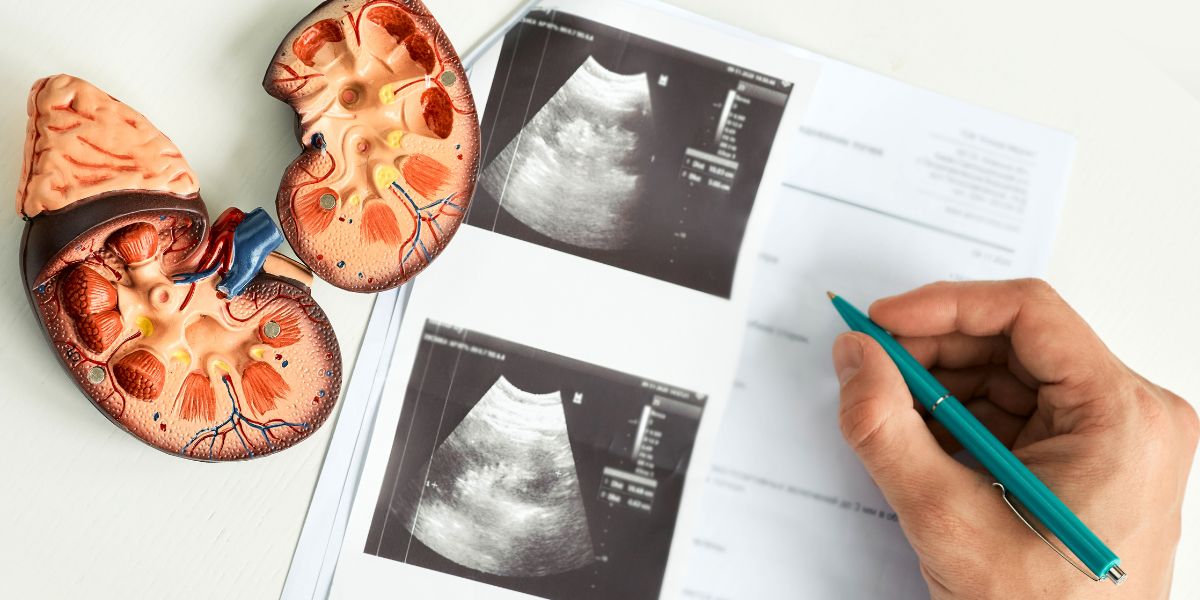- A large study of men over 45 links insulin resistance to the risk of developing aortic stenosis (AS) – the most common heart valve condition.
- Published in the Annals of Medicine the study highlight insulin resistance as a potentially modifiable risk factor for AS.
- Researchers suggest managing metabolic health could open new avenues for AS prevention.
A major population-based study has revealed that insulin resistance may significantly increase the risk of developing aortic stenosis (AS), the world’s most common heart valve disease.
The findings mark the first time insulin resistance has been identified as a risk factor for AS.
Insulin resistance occurs when the body’s cells do not respond effectively to insulin,leading to elevated insulin levels (hyperinsulinemia) as the body compensates to maintain normal glucose levels.
This condition often precedes type 2 diabetes and is increasingly common in Western populations.
Aortic stenosis is a serious condition where the aortic valve narrows restricting blood flow from the heart to the rest of the body.
- Insulin homeostasis regulated by Inceptor
- New procedure combined with semaglutide could help people with type 2 diabetes avoid insulin therapy
- Insulin pen pioneer honoured at Pride of Britain Awards
Over time, this causes the valve to stiffen and thicken forcing the heart to work harder.
If left untreated, AS can lead to severe complications like heart failure and even death.
Symptoms can take years to develop and include:
- Chest pain
- Fatigue
- Shortness of breath
- Heart palpitations
Even asymptomatic individuals may still face significant risks from AS, which has traditionally been linked to factors like age, male sex, high blood pressure, smoking and presentation of diabetes.
Researchers analysed data from 10,144 Finnish men aged 45 to 73 who were all initially free of AS as part of the Metabolic Syndrome in Men (METSIM) Study.
Participants were followed for an average of 10.8 years, during which 116 men (1.1%) developed AS.
The study identified several biomarkers, including fasting insulin, proinsulin, and serum C-peptide as predictors of AS risk.
Insulin resistance was associated with AS even after adjusting for other known risk factors like body mass index (BMI), blood pressure and diabetes.
Advanced statistical analyses revealed two distinct biomarker profiles that underline insulin resistance as a standalone risk factor.
- Low Carb Diet: Beginner’s Guide
- Mediterranean Diet and 7 Day Meal Plan
- Intermittent Fasting: Guide to Fasting and How it Works
Lead researcher Dr. Johanna Kuusisto from Kuopio University Hospital, Finland emphasised the importance of managing metabolic health to reduce AS risk.
“This novel finding highlights that insulin resistance may be a significant and modifiable risk factor for AS.
“Future studies should explore whether improving insulin sensitivity through weight management and exercise can help prevent this condition.”
While the study’s strengths include its large sample size and extended follow-up period, it was limited by its focus on men and the relatively small number of AS cases which may affect the applicability of the findings to other populations.






